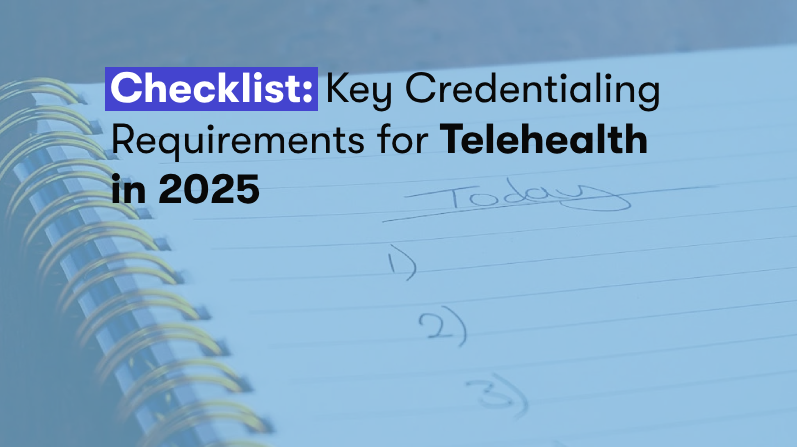
What are quality audits for care homes?
All providers of health and social care services in England are subject to annual quality audits which are carried out by the sector’s independent regulator, the Care Quality Commission (CQC). The CQC is responsible for ensuring that service users are provided with safe, effective, compassionate and high-quality care at all times. The CQC inspects all adult social care services, primary care services, NHS trusts, independent healthcare providers and specialist services (such as healthcare providers in young offenders’ institutions) in England, and care homes and nursing homes fall within their remit. All services are required to uphold the standards laid out in the Health and Social Care Act 2008 (Regulated Activities) Regulations 2014 and the Care Quality Commission Registration Regulations (2009) and the CQC carries out in-depth inspections - also known as quality audits - at least once a year in order to ensure that these standards are being met.
Quality audits and Covid-19
Although the CQC has temporarily suspended routine inspections of care and nursing homes in response to the Covid-19 pandemic, they have adopted an Emergency Support Framework in order to offer continued support and guidance to service providers and help them to provide high quality care during these challenging times.
What is quality in social care?
In order to quantify what is meant by ‘quality’ in social care, the CQC has devised its own Fundamental Standards of care, which have been designed to sit alongside existing health and social care legislation and guidance. All social care providers in England are required to meet - or exceed - these Fundamental Standards, in order to demonstrate that they are providing either good or outstanding services. The standards relate to all aspects of service provision, including:
- Dignity
- Protection from abuse
- Person-centred care
- Good governance
- Staffing
It’s important for all care homes and nursing homes to be familiar with the CQC’s Fundamental Standards and to incorporate them into all aspects of service user care.
What are the CQC’s audit tools?
When carrying out a quality audit of a care home or nursing home, the CQC inspection team will address five ‘Key Questions’ which relate directly to the service users, service providers and the overall standard of care provided:
- Are they safe (are service users protected from abuse or harm)?
- Are they effective (does care, treatment and support achieve positive outcomes and support service users’quality of life)?
- Are they caring (do staff treat service users with dignity, compassion, kindness and respect)?
- Are they (staff) responsive to people’s needs?
- Are they well-led (does leadership promote innovation, learning, and an open and fair culture)?
CQC inspectors will address these five Key Questions each time they carry out a quality audit, using a combination of the following practices:
- Interviews with service users
- Collecting comment cards and complaints
- Interviews with staff
- Observing care practices
- Inspecting records
- Reviewing care pathways
- Inspecting the home, its facilities and cleanliness
- Reviewing documents and policies
As you can see, the CQC inspection process is extremely thorough, so it’s essential to be prepared.
What is the purpose of auditing in the care setting?
The CQC carries out regular inspections in order to ensure that services in England meet their Fundamental Standards. They achieve this through a robust system of:
- Monitoring
- Inspection
- Rating
The CQC doesn’t just inspect homes; the information gleaned from inspections enables them to closely monitor social care services and to take necessary action whenever poor care is identified. This action could include:
- Issuing requirement/warning notices setting out improvements which must be made
- Altering a provider’s registration
- Placing a provider in ‘Special Measures’ (in cases where drastic improvement is required)
- Issuing cautions or fines
- Closing providers down
- Prosecuting negligent providers
Furthermore, in the interests of transparency the CQC publishes the results of its inspections, so that members of the public and their families can make informed choices about their care journey. Inspection reports and subsequent actions are available for the public to view on the CQC’s website.
Supporting the audit process within your own role and responsibilities
It’s important that all members of staff are aware of the CQC inspection process and of their own role in ensuring that everything goes as smoothly as possible. Make sure you’re well prepared for a CQC audit by familiarising yourself with the Fundamental Standards and having all the required documentation and evidence to hand.
Simplify the process
You may find that it’s worthwhile investing in a software platform to help you achieve regulatory compliance and take some of the stress out of the inspection process. Making sure you have the right technical support in place will help you to reduce costs through automating manual tasks and will also speed up the recruitment and on-boarding of new staff. There are several options open to health and social care providers - offering different services at different price points - so take some time researching what’s available and choose a package that suits the needs of your service.
Here at Credentially, our custom-made solution has been designed by health and social care professionals specifically to solve the problems in those sectors. Check out our free online demo to find out more, or download a case study to see how our platform has helped other providers to sail through the inspection and audit process.
Find out how Urgent Care provider HUC has drastically reduced time to hire down to as little as three days by automating credentialing and onboarding processes.
3 Reasons Providers Fail CQC Inspections
Are you CQC ready?




















Take Action
Popular Posts































